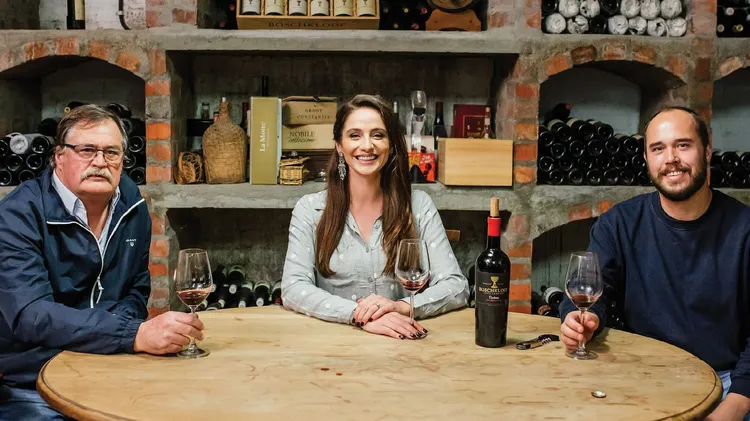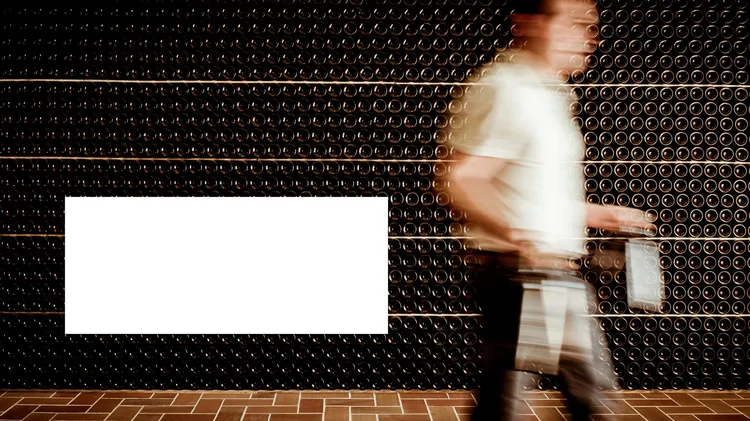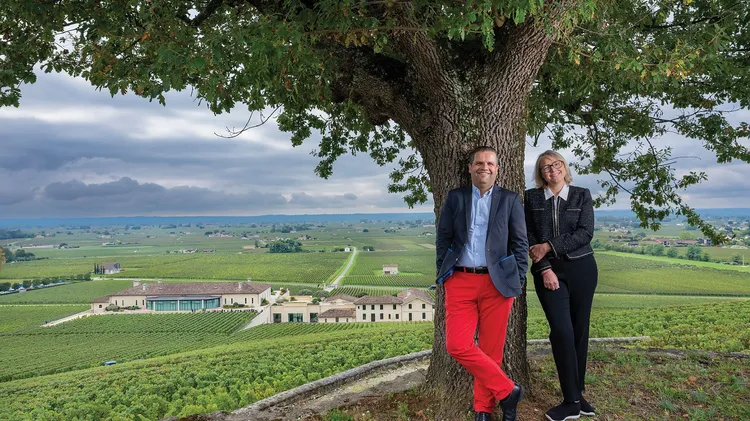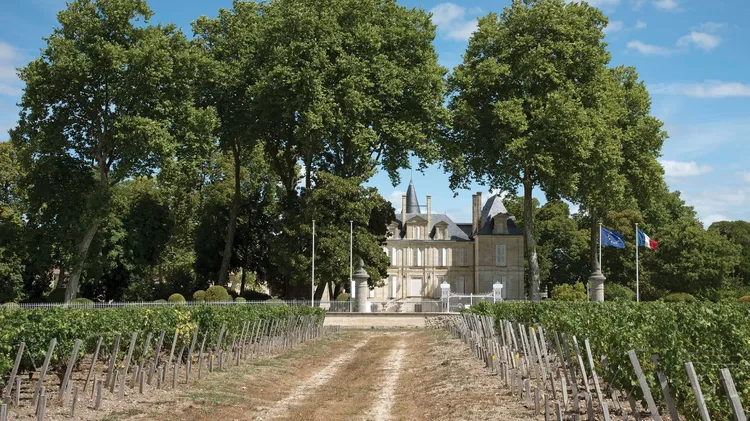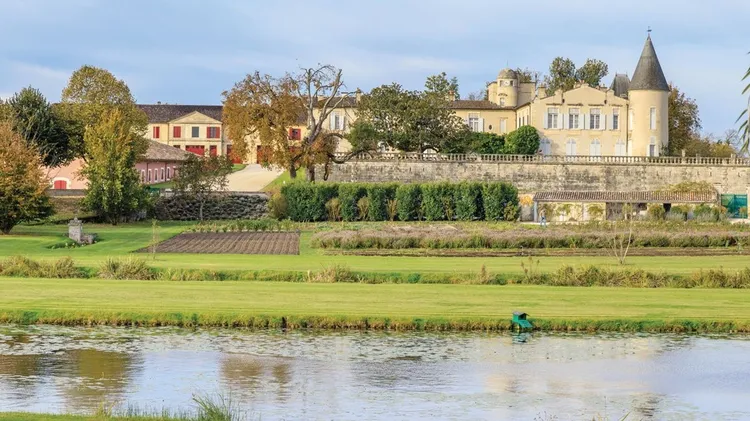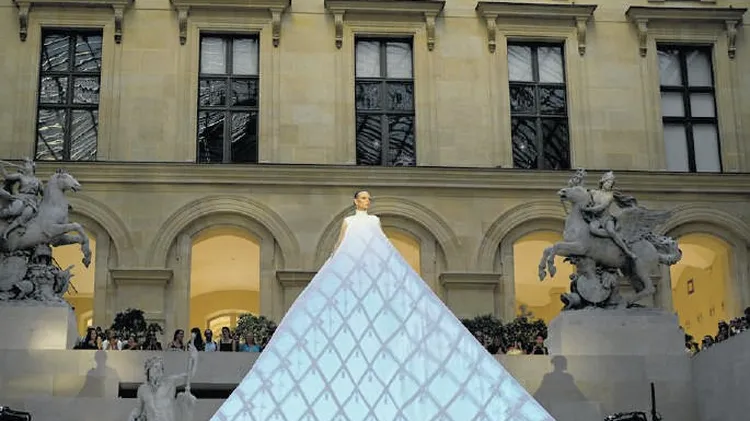Bernard Arnault is the world’s richest man and leads a luxury-goods con
The wolf in cashmere
2 min read
This article is from...
Read this article and 8000+ more magazines and newspapers on Readly

